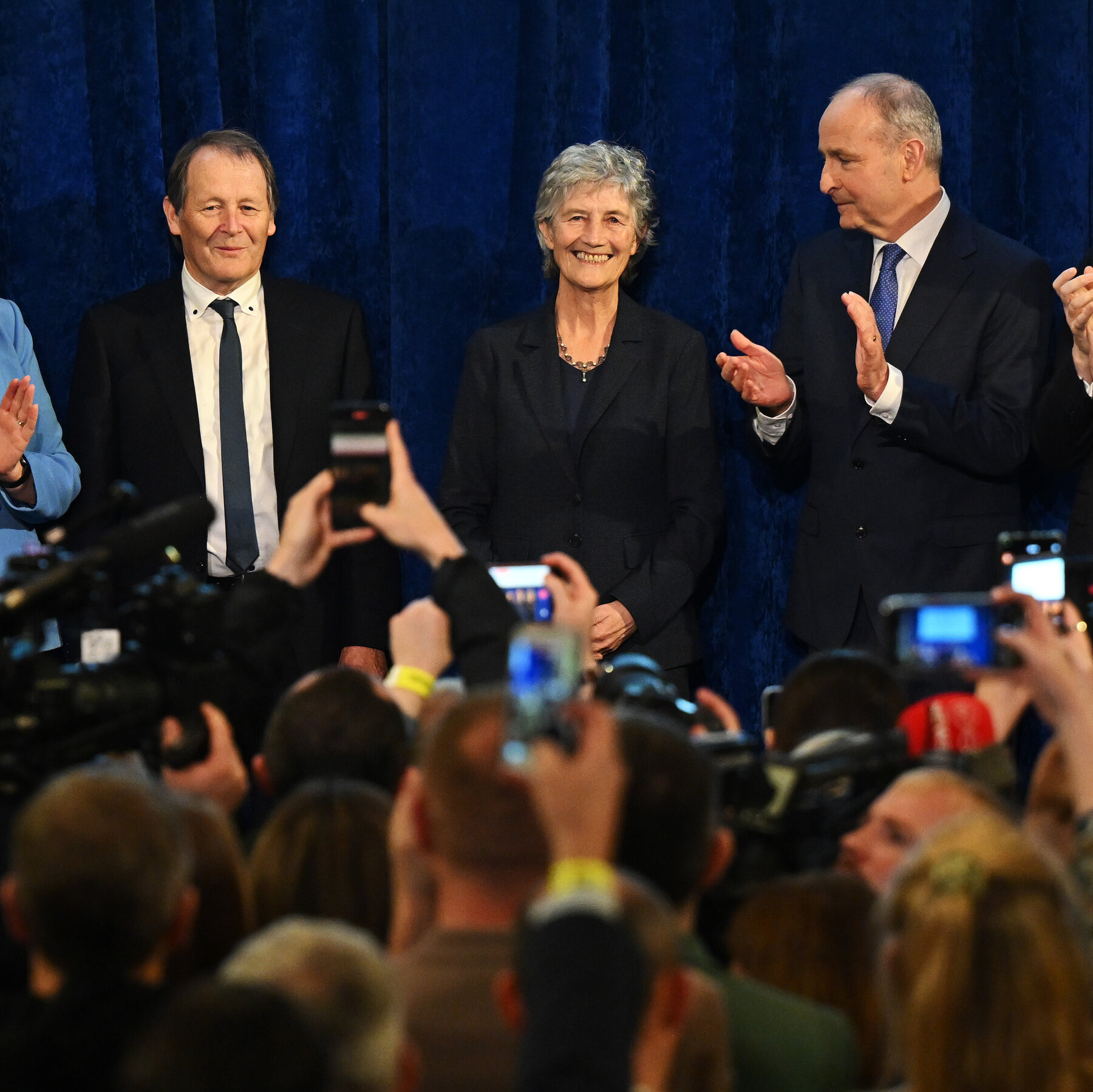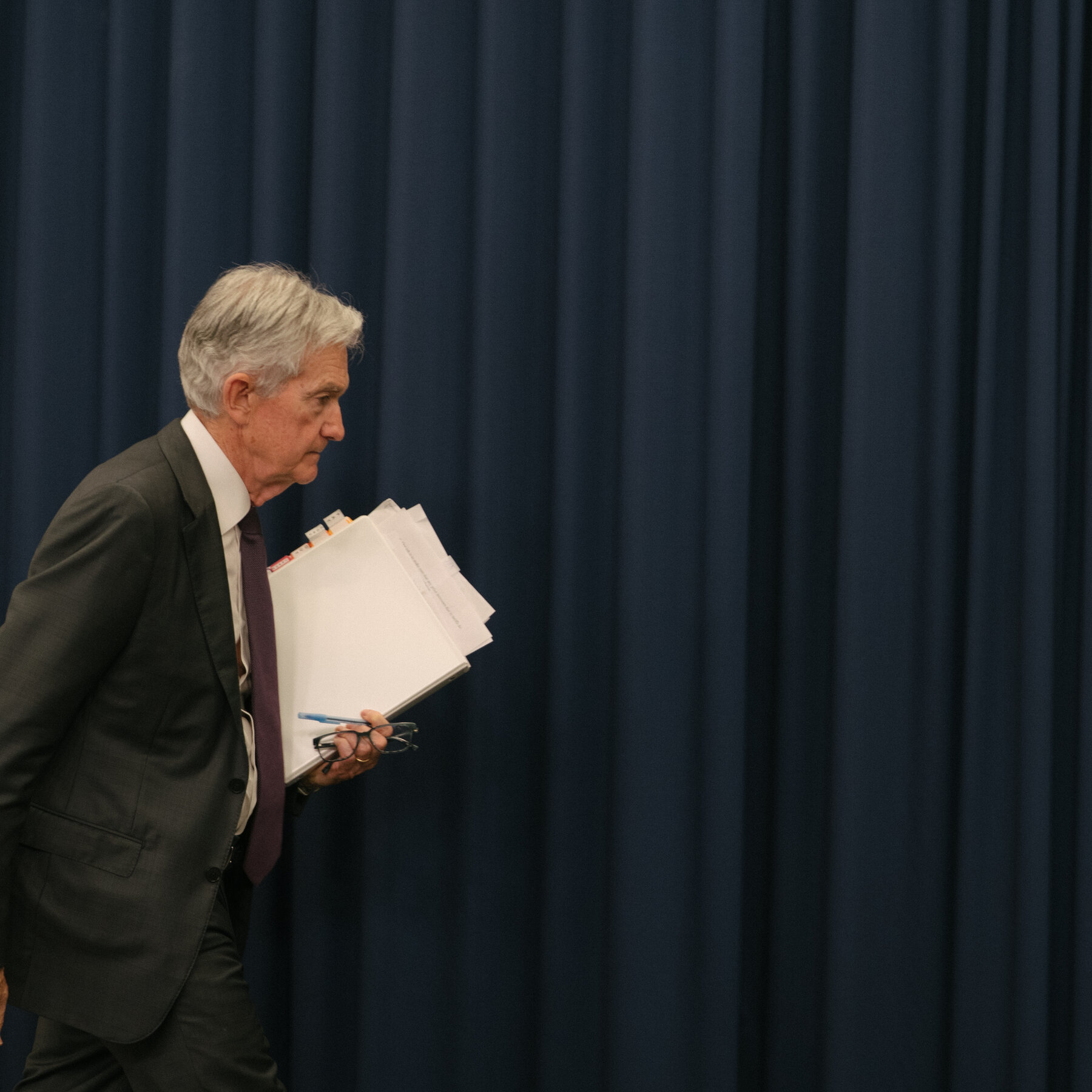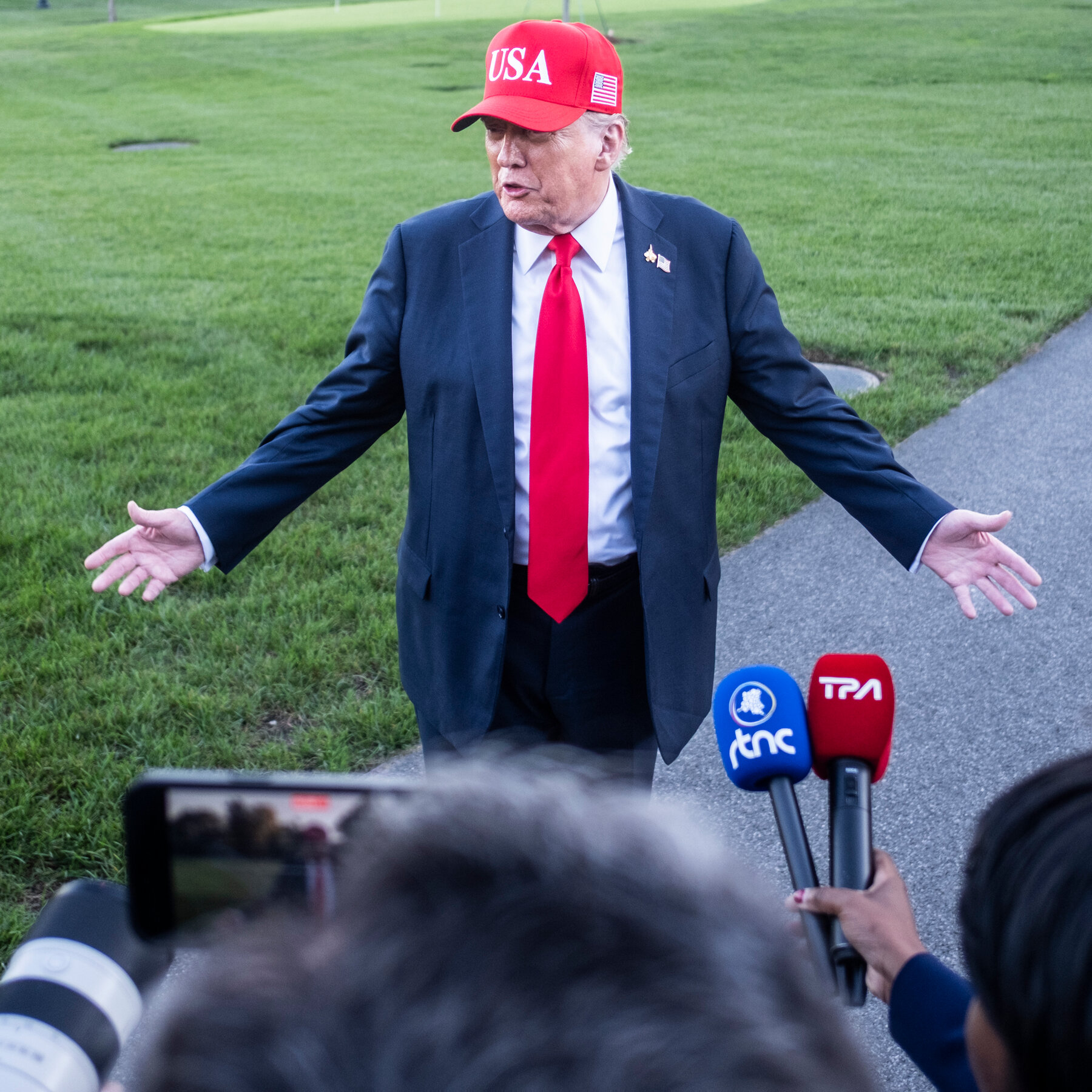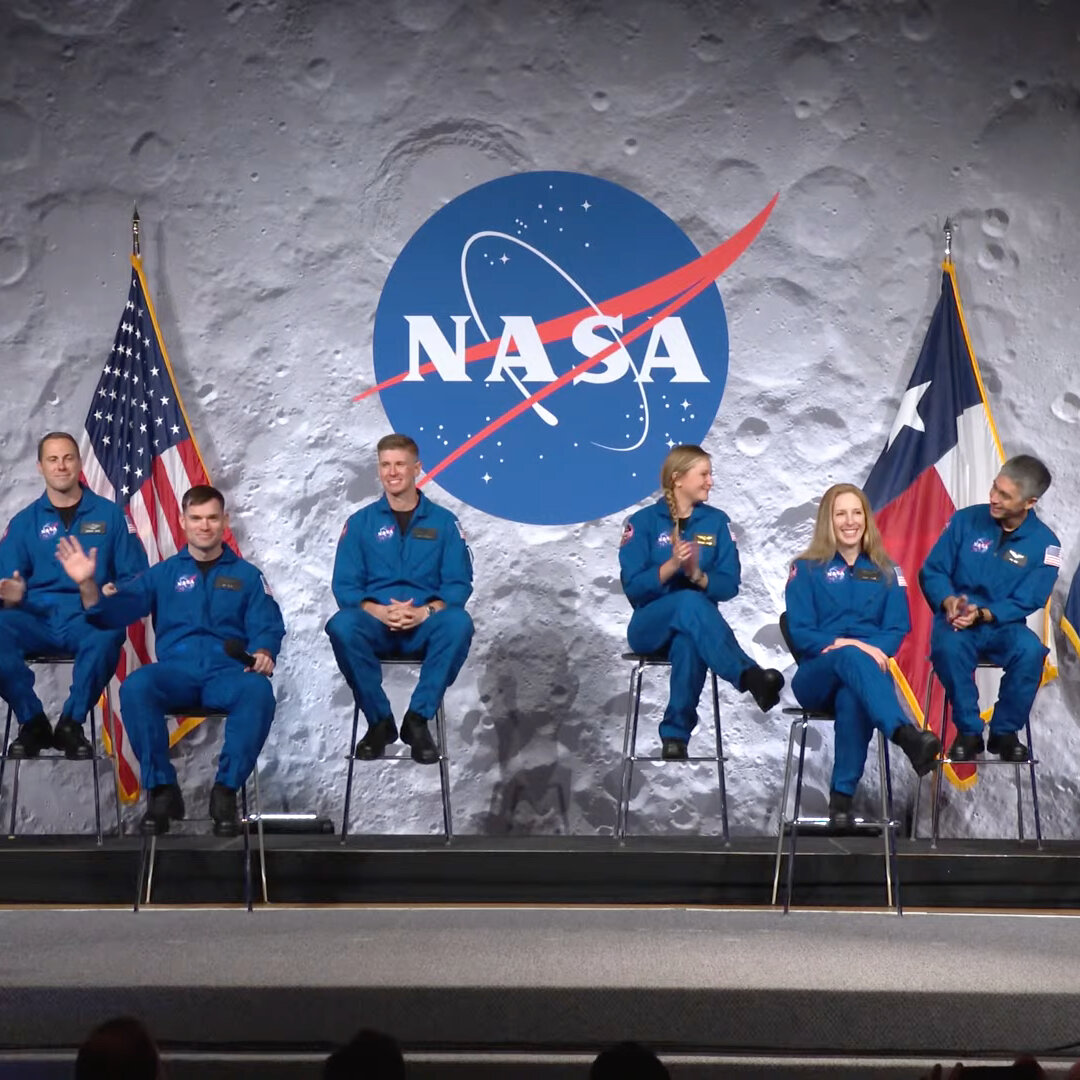The Interview: How Wikipedia Is Responding to the Culture Wars
Rising Hostilities Toward the Online Encyclopedia
In recent months, Wikipedia has found itself at the center of a wave of criticism and coordinated attacks. From coordinated edit‑war campaigns to public accusations of bias, the platform’s reputation as a neutral source of information is being challenged on multiple fronts.
What the Attacks Look Like
Critics have employed a variety of tactics, including:
- Mass editing sprees that attempt to rewrite controversial articles in line with a particular political agenda.
- Harassment of volunteers through social media campaigns that target administrators and long‑time editors.
- Disinformation pushes that flood the site with false citations and fabricated sources.
Inside the Conversation: An Interview with Wikipedia Co‑Founder Jimmy Wales
We sat down with Jimmy Wales, one of Wikipedia’s founders, to discuss the current climate and the steps the community is taking to safeguard its core values.
“The platform is built on the principle that anyone can edit, but that also means we rely heavily on the community to police itself,” Wales explained. “When we see coordinated attempts to undermine that, we have to respond quickly and transparently.”
Trust the Process—But What Does That Mean?
When asked about the recurring mantra “trust the process,” Wales clarified that it is not a call for blind faith but a reminder of the mechanisms that keep Wikipedia reliable:
- Robust editorial guidelines that define what constitutes a verifiable source.
- Layered review systems where edits are flagged, reviewed, and, if necessary, reverted by experienced editors.
- Community‑driven arbitration that resolves disputes through consensus rather than top‑down mandates.
“We’ve built a self‑correcting system over two decades,” Wales said. “It’s not perfect, but it’s resilient. When you see a surge of bad actors, the community can and does push back.”
Concrete Measures Being Implemented
In response to the recent surge of attacks, Wikipedia’s governing bodies have rolled out several initiatives:
- Enhanced monitoring tools that use machine learning to detect suspicious editing patterns in real time.
- Temporary edit‑locks on high‑risk articles while they undergo thorough review.
- Outreach programs aimed at recruiting new volunteers from under‑represented groups to diversify the editorial pool.
- Public transparency reports that detail the volume and nature of attacks, as well as the community’s response.
Looking Ahead
Despite the challenges, Wales remains optimistic. “The culture wars are, in many ways, a test of our commitment to open knowledge,” he remarked. “If we stay true to our processes, we’ll emerge stronger and more trustworthy.”
As the debate continues, Wikipedia’s ability to adapt and uphold its standards will be a barometer for the health of collaborative, fact‑based discourse in the digital age.







